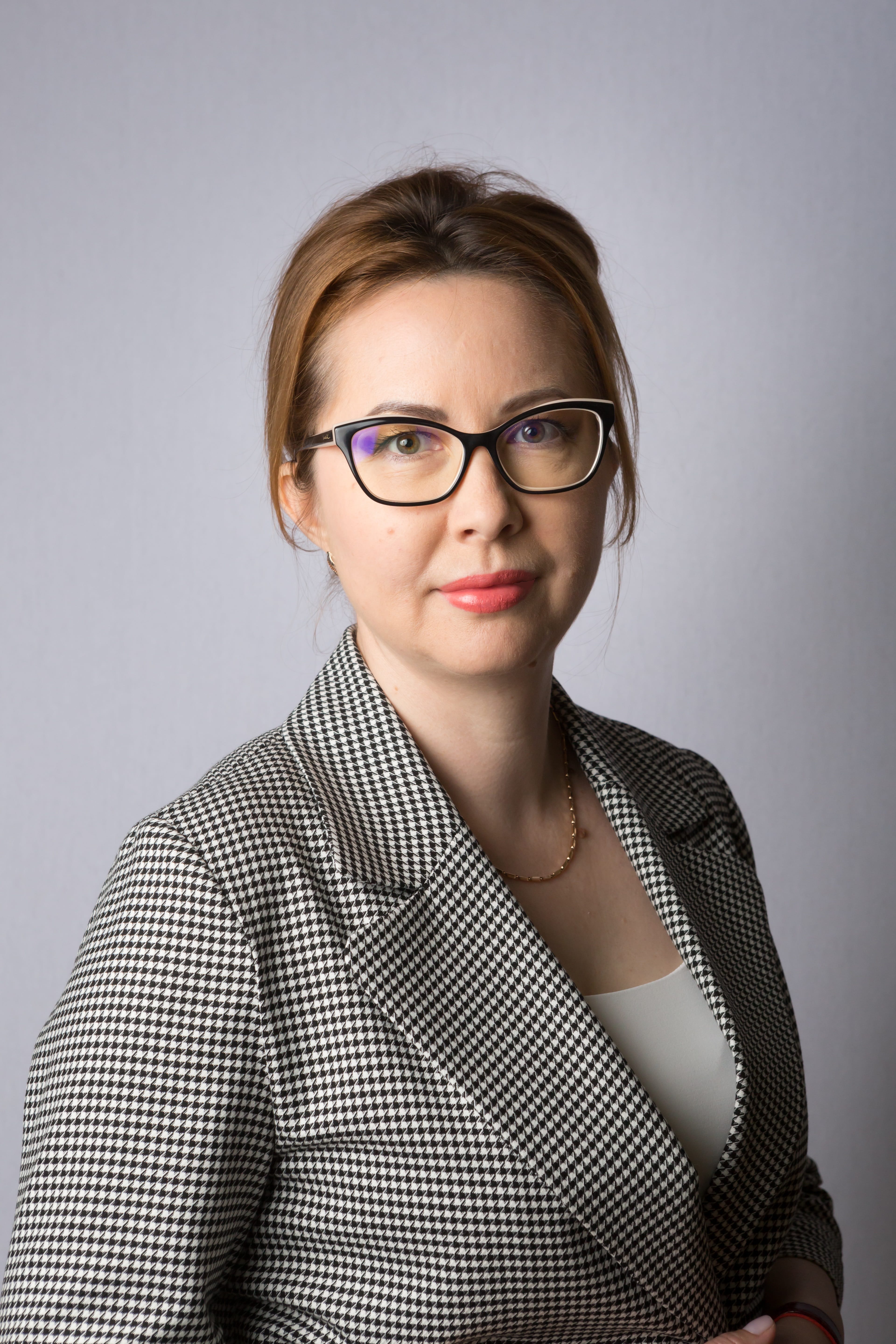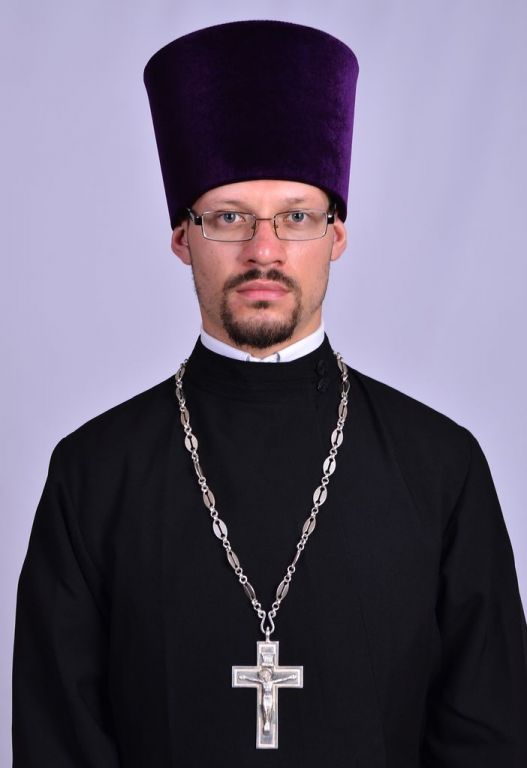The article presents the results of fieldwork conducted to describe the ethno-demographic and socio-cultural portrait of believers of the Republic of Bashkortostan (active members of Orthodox religious organizations). Such aspects as the ethno-social structure, the ranking of identities, some value orientations are analyzed. Russian Orthodox Church members of the Republic of Bashkortostan of the Russian Federation – members of the Russian, Tatar and Bashkir ethnic groups – are considered in the article. Empirical materials were collected by methods of observation and questioning. The results of field data processing show that Turkic-speaking peoples (Tatars and Bashkirs) – Orthodox believers, compared with the Russian Orthodox believers, represent a more educated group consisting of qualified specialists, and more focused on the priority of spiritual values over material ones. This is related with the circumstance that a voluntary conversion to Orthodoxy Tatars and Bashkirs was a consequence of the loss of ethno-confessional traditions and involvement in industrial society, was associated with the study and adoption of Christian doctrines, which are associated with a certain asceticism and a willingness to accept difficulties associated with the implementation of religious practices. The smaller number of potential “heroes of faith” is explained by the fact that for Russians Orthodoxy is partly an ethno-confessional marker and is not always associated with a deep study of the religious doctrines of Christianity and deep involvement in the implementation of religious practices.
Keywords: believers, Orthodox, identity, Russians, Tatars, Bashkirs, ethno-social structure, value orientations, Bashkortostan, Russia
DOI: 10.22250/20728662_2022_2_101
About the authors









